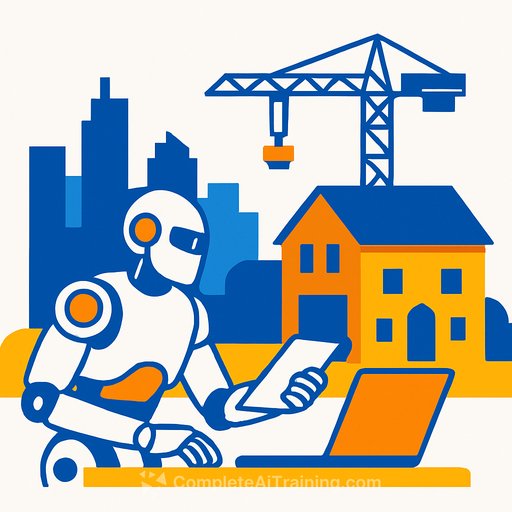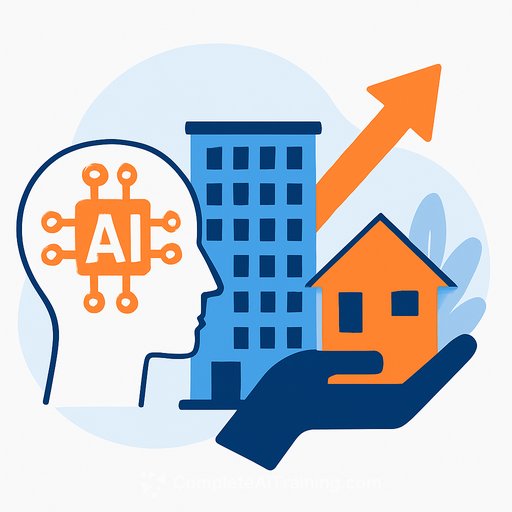Featured Urban Neuron: A New Era in Robotics is Turbocharging Real Estate’s Future
The influence of robotics in real estate is set to extend beyond traditional construction sites. According to Dr Qizhou (Leo) Xiong and Luke Graham, partners at Urban Neuron, robotics will soon disrupt multiple aspects of the industry beyond controlled environments.
This shift means real estate professionals and construction experts should prepare for operational changes that robotics will bring—not just in building processes but also in design, management, and maintenance.
Beyond the Construction Site
Robotics technologies are evolving to operate in more complex, less controlled settings. This opens opportunities for automation in property inspections, site monitoring, and even urban planning. These advances promise more efficient workflows and improved safety standards.
For example, drones and autonomous robots can perform regular inspections, identify structural issues early, and reduce the need for manual labor in hazardous areas. This leads to cost savings and more accurate data collection for project managers.
Data-Driven Decisions
Integrating robotics with data analytics allows real estate firms to make smarter decisions. Robots collect real-time information on site conditions, material usage, and progress tracking. When combined with AI-powered analysis, this data supports better project timelines and budget controls.
Staying ahead means adopting these technologies early and training teams to work alongside automated systems, blending human expertise with machine precision.
Preparing for Change
- Understand which robotic tools fit your specific projects and environments.
- Invest in training that helps your workforce adapt to automated processes.
- Explore partnerships with robotics firms to pilot new applications in real estate.
Learning more about AI and automation in real estate can prepare you for these upcoming shifts. Resources like Complete AI Training’s courses tailored for real estate and construction professionals provide practical guidance on integrating these technologies.
As robotics move beyond the construction site, their impact will touch every phase of real estate development and management. Being proactive about these tools will give you a competitive edge in a changing industry.
Your membership also unlocks:






